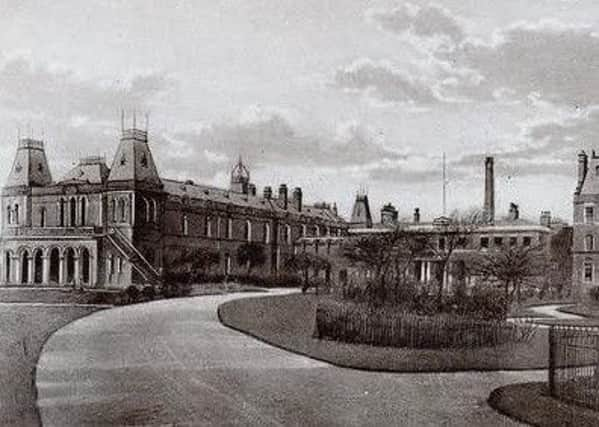Gamekeeper acquitted after shooting man in his garden


In mid-October 1878 James Alston, a gamekeeper of Broughton, appeared at the Lancashire County Police Court to answer a charge of attempting to murder William Gregory of Preston.
According to the prosecution the crime was an atrocious one, it had rendered Mr Gregory a cripple for life, and a burden to the community.
Advertisement
Hide AdAdvertisement
Hide AdWilliam Gregory was first called and he stated that on the 23rd of July he was at the Shuttleworth Arms at the Broughton crossroads. He had left the public house worse for liquor late that night and wandered down Broughton Lane, where he eventually lay down by the roadside and fell asleep. When he awoke, just before dawn, he went into Alston’s garden, as he thought he could hear someone talking in the kitchen and wanted a light for his pipe.
He was just about five yards from the back door, when Alston rushed out of his cottage with a shotgun and without a word pointed it at him.
Quickly turning on his heels, he heard the discharge of a gun as Alston fired at him. The next thing he knew he was laying on the ground in agony from a leg wound.
When he had recovered consciousness it was daylight and he crawled on his hands and knees to the nearest house about a mile away where George Billington lived. Farmer Billington told the court he had spotted Gregory creeping on his hands and knees across the field and that his right ankle was bleeding. He got him into the house, and refreshments were given to him before he took him to the Infirmary in Preston. He stated that later on Alston had called at his home and said that he had shot at a poacher in his garden.
Advertisement
Hide AdAdvertisement
Hide AdDr Langton, a senior house surgeon at the Infirmary, stated that he had examined Gregory and found he had a wound about four inch long on his right leg from which he extracted a dozen shots. Unfortunately, the wound did not respond to treatment and in mid August he had amputated the leg.
According to PS Duckworth, he apprehended Alston and took him to the police station at Ashton.
When charged with the crime Alston had said: “I heard a noise about the hen cote and I got up to my window and saw two men, it was about four o’clock in the morning. I went downstairs and took my gun with me into the garden. I saw a man running away, and I shouted for him to stop. He would not, and I shot at him.”
Another witness was John Irvin, who had been a policeman at the time of the incident but was by then a canal bank ranger.
Advertisement
Hide AdAdvertisement
Hide AdHe corroborated what PS Duckworth had said and told how Alston’s son had informed him of the incident that morning and that he claimed he had found a net in the garden hedge and that a couple of pheasants were missing from the hen cote. The three of them had gone in search of the alleged poachers finally tracking down Gregory at Billington’s farm.
Mr Blackhurst, on behalf of the accused, submitted that there was no proof of wounding with intent and that he simply fired to frighten the intruder into running away. Suggesting that Alston was only guilty of a misdemeanour. The prisoner was then committed to the Liverpool Assizes for trial, and admitted to bail.
In early February 1879 James Alston, who was described as an elderly man, appeared before Mr Justice Lindley at the Liverpool Assizes and he was defended by Mr Addison.
In his defence it was argued that he did not aim at Gregory, and that he merely fired off the gun to frighten any would-be poachers. The jury returned a verdict of acquittal.
Advertisement
Hide AdAdvertisement
Hide AdHis Lordship then addressed the prisoner thus: “You may leave the dock; but take my advice and do not shoot at people carelessly in your garden again. If you had killed this man you would have been in sad trouble.”